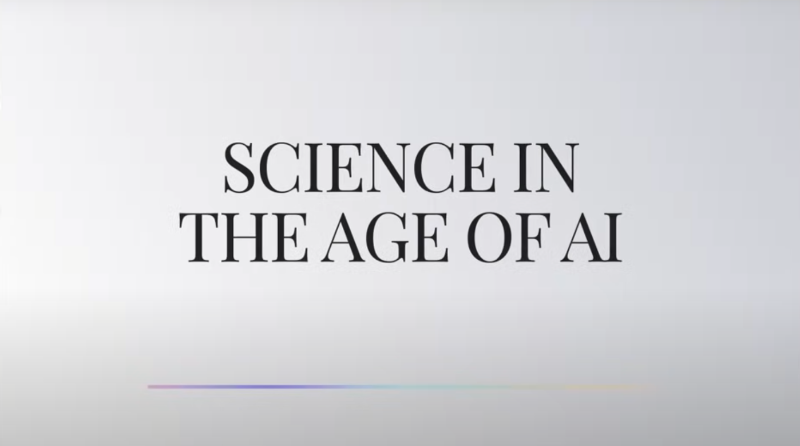by American College of Cardiology
Credit: CC0 Public Domain
People with high blood pressure saw their systolic blood pressure drop by 7 mmHg, on average, and experienced improvements in other markers of blood vessel health after receiving daily smartphone messages designed to cultivate spirituality for 12 weeks, according to research presented at the American College of Cardiology's Annual Scientific Session.
Almost half of U.S. adults have high blood pressure, or hypertension, a health condition that often has no symptoms. Despite available medications and proven lifestyle interventions, it is estimated that blood pressure is not adequately controlled in about 75% of people with hypertension, according to the Centers for Disease Control and Prevention.
Previous studies have linked certain spirituality-based interventions, including meditation and positive social interactions, with cardiovascular health benefits, but most research on this topic has been observational, making it difficult to confirm any benefits. In this study, researchers explored whether spirituality, defined as moral and personal values that guide our lives and relationships with others, could help control blood pressure and improve heart health.
"With this significant level of reduction in blood pressure, you would potentially be able to live longer with a lower chance of heart attack, kidney diseases, stroke or disability later in life," said Maria Emília Teixeira, MD, a cardiologist in the hypertension unit of the Medical School of the Federal University of Goiás in Brazil and the study's lead author. "This d7-mmHg drop is a larger reduction than has been seen with other nonpharmacological interventions and may even outperform some drugs."
While religion is one path through which people can achieve spirituality, researchers sought to find out whether an intervention focused on cultivating optimism, gratitude, and forgiveness—without ties to a specific religious tradition—could impact health. They enrolled 100 patients being treated for hypertension at a medical center in Brazil and randomly assigned half to receive a spiritual intervention and half to receive no intervention.
For the spirituality intervention, participants received a daily message via WhatsApp containing short messages and videos encouraging them to pause and reflect, focus on certain values or life's purpose, or complete a brief task, such as writing a message of gratitude. Researchers were able to track which participants opened the messages and completed the requested tasks but did not measure participants' level of engagement with them.
At baseline and at 12 weeks, all participants completed a consultation that included assessments of lifestyle habits and medication use, blood pressure, and flow-mediated dilation—a non-invasive measure of blood vessel health. Participants also self-recorded their blood pressure at home over a five-day period at the start and end of the study. Individuals with medication changes over the course of the study were excluded from the analysis.
At the end of 12 weeks, participants who received the spirituality intervention had a significant drop in blood pressure compared with both their own baseline blood pressure as well as the final blood pressure measurements of the control group. They also had a significant improvement in flow-mediated dilation, which increased by 4.5% among those receiving the intervention. Participants in the control group experienced a significant worsening in flow-mediated dilation, which decreased by 3% in this group.
Researchers said the intervention is simple to develop and test, potentially making it feasible to scale up across a broad population, with the caveat that the approach requires access to an internet-connected device, which may limit its accessibility in some populations. They also said the approach could be extended to explore other factors, such as compassion and life satisfaction.
"This is absolutely affordable and would be easy to test or implement in different countries," Teixeira said.
The main limitation of the study is its relatively small sample size and researchers said larger studies would be needed to confirm the benefits they observed.
Provided by American College of Cardiology







Post comments